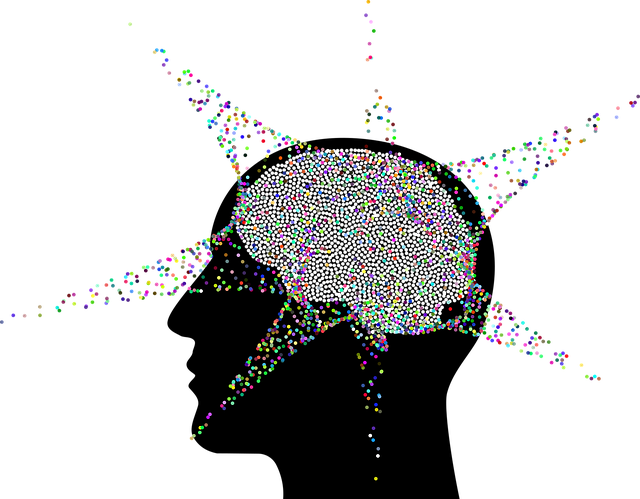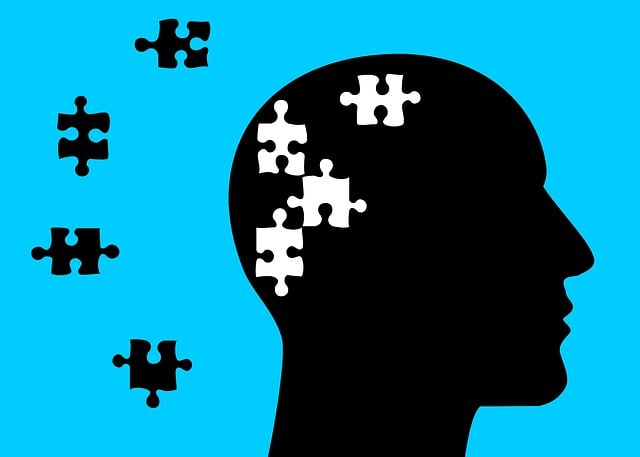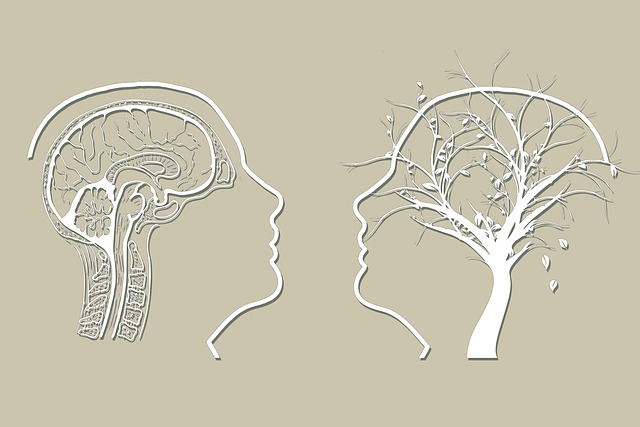In today's fast-paced world, mental health is a pressing concern, leading to a growing need for accessible self-assessment tools like those offered by Wheat Ridge Neuro Disorders Therapy (WRNDT). These tools empower individuals to take control of their mental wellness through confidential and convenient evaluations. By assessing mood, anxiety, stress management skills, and social connections, these assessments enable early detection and prevention of emotional and psychological issues. WRNDT's integration enhances effectiveness with techniques like CBT, DBT, and mindfulness practices, promoting deeper insights into emotional intelligence and conflict resolution skills. This holistic approach fosters a healthier society by destigmatizing mental health conversations and supporting trauma recovery.
Mental wellness self-assessment tools play a crucial role in empowering individuals to take charge of their mental health. With the growing emphasis on preventive care, these tools offer an accessible and confidential way to gauge well-being. This article explores the development process, highlighting key considerations like cultural sensitivity and evidence-based practices. We delve into designing effective assessments, emphasizing the integration of Wheat Ridge Neuro Disorders Therapy approaches to enhance accuracy and therapeutic outcomes. By combining scientific rigor with user-centric design, these tools can foster mental resilience and improve access to care.
- Understanding the Need for Self-Assessment Tools in Mental Health
- Designing Effective Mental Wellness Self-Assessment Tools
- Integrating and Utilizing Wheat Ridge Neuro Disorders Therapy Approaches within Self-Assessments
Understanding the Need for Self-Assessment Tools in Mental Health

In today’s fast-paced world, mental health has become a significant concern, leading to a growing need for accessible and effective self-assessment tools. These tools play a pivotal role in empowering individuals to take charge of their mental wellness. Many people often face barriers when seeking professional help, such as stigma, cost, or simply not knowing where to begin. Self-assessment tools bridge this gap by offering a confidential and convenient way to evaluate one’s mental health status, especially for those who might not have easy access to traditional therapy services like Wheat Ridge Neuro Disorders Therapy.
By incorporating self-assessment, individuals can develop a deeper understanding of their inner strength and resilience. It allows people to identify potential issues early on, encouraging proactive measures to maintain or improve their mental well-being. Moreover, these tools can be instrumental in public awareness campaigns development, helping to destigmatize conversations around mental health. Trauma support services can also benefit from self-assessment, enabling better-informed interventions and tailored strategies for recovery, ultimately contributing to a healthier and more supportive society.
Designing Effective Mental Wellness Self-Assessment Tools

Effective mental wellness self-assessment tools are designed to help individuals gain insights into their emotional and psychological well-being. These tools play a pivotal role in early detection and prevention, allowing for timely interventions such as those offered by Wheat Ridge Neuro Disorders Therapy. A robust self-assessment should incorporate a range of factors including mood, anxiety levels, stress management skills, and even social connections, covering both positive aspects and areas needing improvement.
The development process involves careful consideration of the target audience’s needs, ensuring cultural sensitivity and relevance. Tools like confidence-boosting exercises or trauma support services components can be integrated to address specific challenges. Moreover, incorporating interactive features and user-friendly designs encourages consistent use, enabling individuals to track their progress over time through Stress Management Workshops Organization initiatives.
Integrating and Utilizing Wheat Ridge Neuro Disorders Therapy Approaches within Self-Assessments

Integrating Wheat Ridge Neuro Disorders Therapy approaches into self-assessment tools can significantly enhance their effectiveness. These therapeutic methods focus on addressing underlying neurocognitive issues and promoting healthier mental functioning, which is crucial for accurate self-assessment. By incorporating techniques such as Cognitive Behavioral Therapy (CBT), dialectical behavior therapy (DBT), and mindfulness practices, individuals can gain deeper insights into their emotional intelligence, stress management capabilities, and conflict resolution skills.
This integration allows self-assessments to move beyond surface-level responses, delving into the complex interplay of thoughts, emotions, and behaviors. It encourages users to explore how they typically react in stressful situations, navigate interpersonal conflicts, and manage their overall emotional well-being. This holistic approach ensures that self-assessment tools are not just measuring symptoms but also fostering growth and personal development by providing actionable feedback tailored to Wheat Ridge Neuro Disorders Therapy principles.
Mental wellness self-assessment tools are invaluable resources, especially with the growing emphasis on proactive mental health management. By integrating approaches like Wheat Ridge Neuro Disorders Therapy, these tools can provide individuals with a comprehensive and nuanced understanding of their mental well-being. Effective self-assessments should be user-friendly, evidence-based, and adaptive enough to cater to diverse needs. With continued development and research, these assessments have the potential to revolutionize mental health support, encouraging early intervention and fostering better overall mental wellness.













